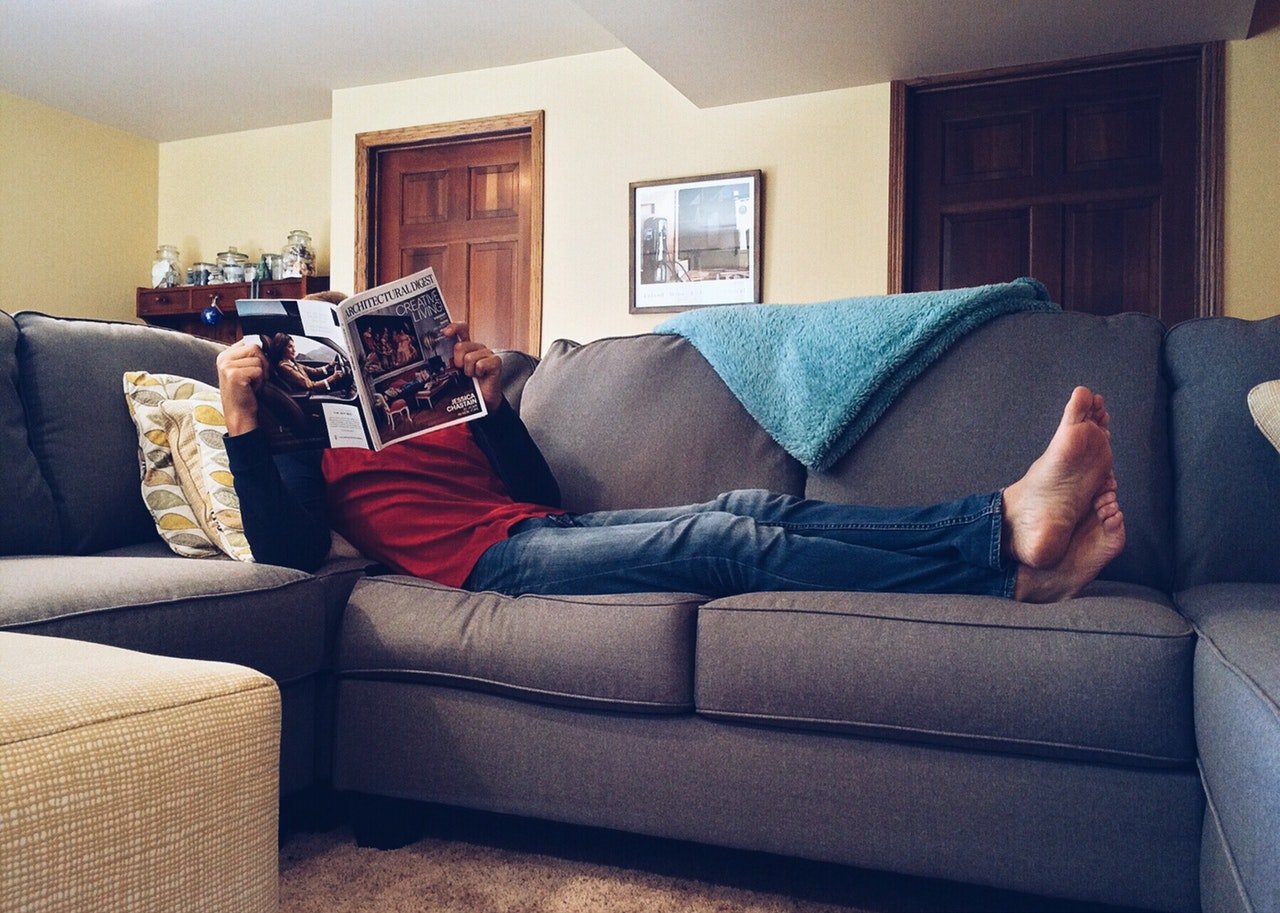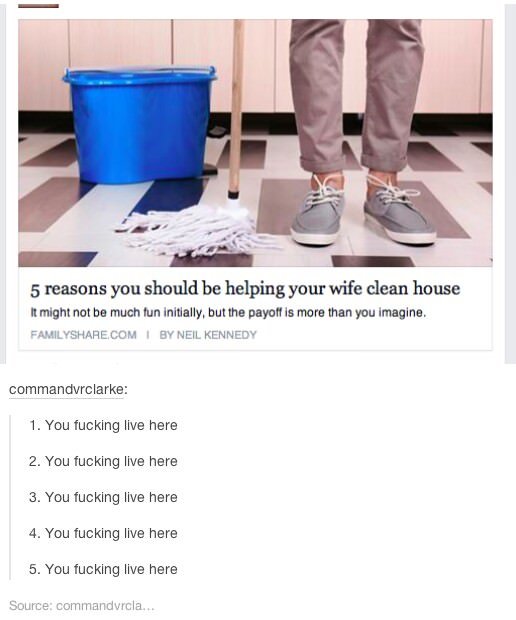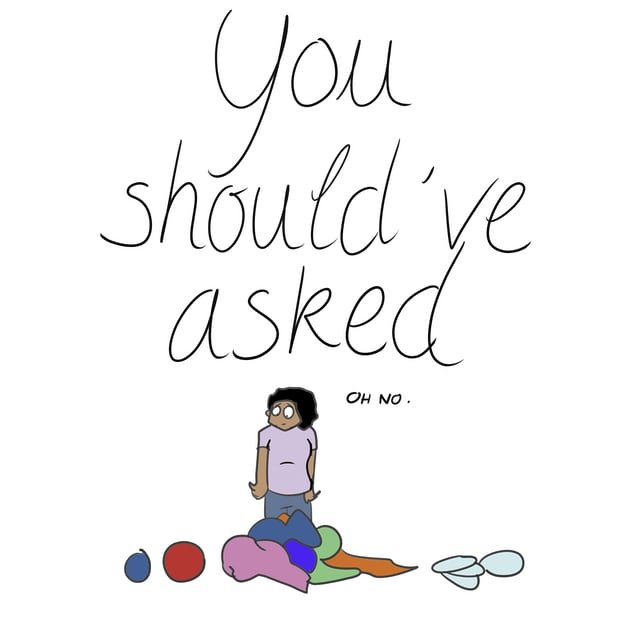As Indian women, we’ve grown up with a very basic understanding – girls learn to cook, clean and make the house a home, while boys get to play outdoors, come home whenever they want and wait for the women to pick up after them.
First mothers, then sisters, then girlfriends and later, wives, and even daughters – women have constantly been picking up after men.

Sure, times are changing. And we’re asking for equal opportunities and merit. But, in the household, we’re still cleaning up after our men; be it our husbands, brothers, or boyfriends.
This Reddit thread, for instance, really puts things into perspective:

Equal pay and all is great. But, what about sharing an equal load?
Why end up limiting it to the public spaces and not the private spaces we share with our partners?
According to the Ipsos Global Trends Survey 2017, 64% Indians are of the view that women still belong in the household, as wives and mothers.
And that’s a good 34 to 41% men.

In a statement released post the survey, this is what Parijat Chakraborty, Executive Director, Ipsos Public Affairs, had to say about the findings:
“More Indian women maybe moving out of their homes, seeking employment and carving out a niche for themselves at workplaces, but society sees them more as accomplished mothers and wives in primary role, relegating other roles to secondary positions.”
Women still spend a good 33 hours in a week doing household chores; this is in addition to having a full-time job and a live-in relationship, or a husband.
For most men, the argument stops at “I do the dishes,” or “I do my own laundry,” or worst of all: “I always help her when she asks.”
Well known French comic artist devised the concept of mental load – which addresses priorities and responsibilities of individuals in the home space; a concept which is evidently skewered; even in the western world.
In her comic series, titled ‘You Should’ve Asked’, she explains it quite pointedly. It all boils down to how women should ask if they want their men to help.

Why should women have to “ask”? Why are men only “helping” when they should really be “sharing”?
Dear #SouthAsian men, if you are serious about fighting #patriarchy, learn to clean after yourselves at home, in your mother’s house, in your friend’s house, in your office. Access to tidy spaces without moving a finger is an age old #patriarchal entitlement. Shake it off.
— Neha Dixit (@nehadixit123) January 30, 2018
And then, we have men like these, who make this their sole argument:
What if I don’t expect it to be clean? What if I am more ok with filth than you? Is that still patriarchy or me being lazy/filthy/ lacking civic sense?
— Ravi Chauhan (@simpliravi) January 30, 2018
It’s easy for modern men to talk about feminism and equality and being completely ‘supportive’. But, subconsciously, they’re still only doing it as a favour to womankind.
Men often turn around and say this because they feel entitled to claim all the space around them regardless of the fact that it may be a shared or a public space. https://t.co/yTugs9LCpe
— Neha Dixit (@nehadixit123) January 30, 2018
Because, somewhere, the larger mindset is that men do, in fact, have the final say. And it’s not just in board meetings; but, also in the household.
It’s as simple as identifying driving a car as a ‘man’s job’, for instance; and scrubbing the utensils as a ‘woman’s duty’.
Guy: hey your bra strap is showingSame guy: *pulls dick out to pee on the road*
— Neha Ramneek Kapoor (@PWNeha) December 4, 2016
If a man knows how to cook and clean, we deem it as a ‘turn-on’; if a woman does the same, hey, it’s just her duty.
If a guy does the laundry and dishes, we give him a kudos and congratulate his secure sense of masculinity. If a woman cooks her partner a meal, she’s deemed as ‘wife material’!
Telling a woman to get back in the kitchen is a weird insult to lob on Twitter. We can still tweet from kitchens. We have wifi & data plans.
— Living Marble (@living_marble) April 14, 2016
It’s always considered the woman’s responsibility to remember when the food needs to be made, the dishes need to be washed, the groceries need to be bought, or when the milk is about to spill over.
And it’s the man’s onus to sit and wait for his woman to ask him when she needs help fulfilling ‘her’ tasks.
Isn’t that just a little messed up?
We keep saying that there are feminist men, too. But, do we let men shed the feminism along with their dirty clothes, and leave it on the floor for us to pick up?
If it’s not a woman’s choice to be anything but a feminist, why is it that men get to choose when to be fair-weathered feminists and when to be patriarchal with a sense of entitlement?
Does #HeForShe and every other feminist movement endorsed by men, stop at the doorstep of our homes?

















